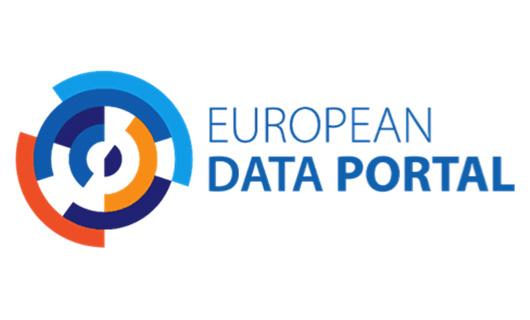
Last January, the European Data Portal (EDP) launched the report High-value datasets: understanding the perspective of data providers, which aims to delve into the different perceptions and expectations of data providers regarding high-value datasets.
The Directive (EU) 2019/1024 defines high-value data as a series of datasets with great potential to generate “benefits for society, the environment and the economy”, which is why EU wants to promote its opening free of charge, in machine-readable formats, through APIs and in mass download form. Specifically, the directive cites as high-value data, those data related to geospatial, environmental, meteorological, statistical, business and mobility, although this is a preliminary list that will be expanded to respond to technological and social changes. In this sense, the EU is carrying out a study to evaluate the impact of this type of data, but we do not know the results yet.
With its report, the European Data Portal wants to assist the Commission in defining high-value datasets through the vision of data providers. To elaborate the report, the EDP has analysed other existing studies, as well as the current decisions and political initiatives in this matter. It contains some specific actions that are being carried out by different countries to select high-value datasets. For example, in the Czech Republic a national working group has been established, made up of experts from different ministries, and users have been involved in such a way that they can indicate their data needs through a “wish list”. In the case of Spain, the report highlights the law on transparency, access to public information and good governance, which requires the publication of "information of legal relevance" by government authorities and the study carried out by the Spanish Federation of Municipalities and Provinces (FEMP) that include a list of 40 datasets that should be published (as a minimum) on the portals of local entities, such as public transport or air quality data.
In order to carry out the report, the EDP has also interviewed various heads of European data-supplying organizations, among which are Mercè Fígols I Puigbò and Maria Jesús Calvo, from Open Data BCN.
Some of the main conclusions drawn from these conversations are:
- Defining the value of specific datasets is very complex, each of the actors involved has their own point of view. In the case of data providers, the value of a dataset depends on the quality of its metadata, its granularity or its availability for publication and reuse, among other factors.
- A common metric when measuring impact is the number of downloads, but, this way, you only analyse data that are already published, forgetting the potential of other datasets that have not been opened yet. In addition, the most downloaded data may be those that offer better search options or higher quality, but not those that would have a greater impact.
- The impact of these data should benefit SMEs to a greater extent, since they have less resources to acquire commercial data, as well as allowing a greater number of cross-border applications.
- European directives and standards are "too vague, multi-interpretable and not strict enough", and need to be transposed into the laws frames of the member countries, which could create differences between territories.
- The roles and responsibilities in the process of specifying, implementing, and maintaining high-value data are often unclear. The interviewees highlighted the role of the data publishers, since they are the ones who know data use and demand and can provide valuable information on new trends and needs. This information should be put at the service of policy-makers for decision-making at national and European level. Politicians, in turn, also have to make an effort to equip publishers with the tools necessary to make high-value data available to society.
The report concludes with six key recommendations to follow when identifying high-value datasets at regional, national or European level:
- Create intrinsic and extrinsic incentives for data providers, such as additional resources or clear legal frameworks.
- Define the roles and responsibilities, so there is no doubt about who is the responsible authority when making any necessary decision.
- Standardize the definition of high-value data and its metadata among the different member countries, thus facilitating interoperability and allowing businesses to expand beyond national borders.
- Offer expert guidance and common tools that ensure a conscious and transparent process in each country, respecting differences in language, culture, politics and perceptions of impact between regions and sectors.
- Work in iterative rounds to allow increased progress where different stakeholders can be aligned and reach mutual consent.
- Beyond data providers, industry-specific data reuse experts must be involved to achieve a robust definition of potential datasets and their specifications.
You can read the full report at this link.